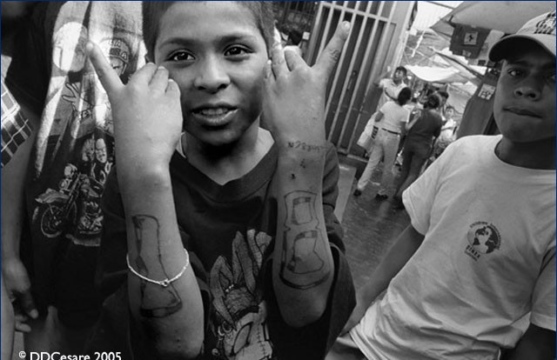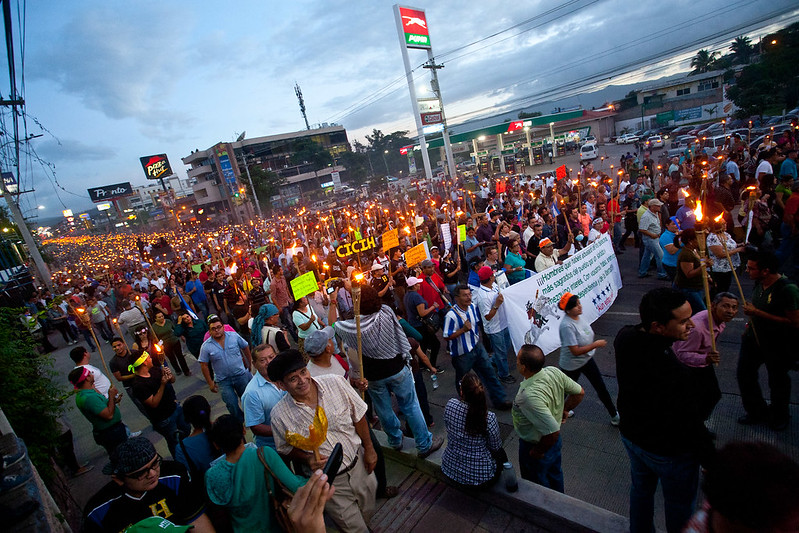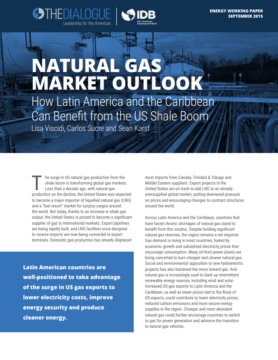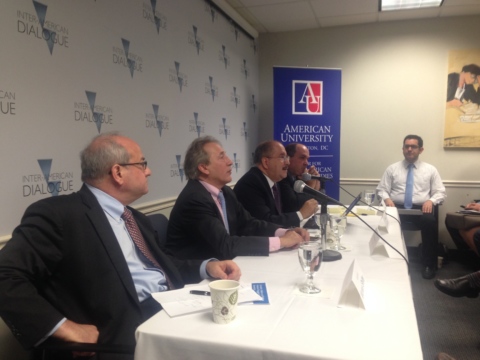
Can the UN Win the Battle Against Impunity in Guatemala?
Should CICIG’s mandate be extended? What factors are shaping the debate, and what will most likely be the outcome?
One of the bolder claims in Donald Trump’s impeachment defense posits that the US president withheld military aid to Ukraine out of genuine concern over corruption in the former Soviet republic, and not to extract an investigation into a political rival. The assertion might be more plausible were the White House not simultaneously contemplating revisions to the Foreign Corrupt Practices Act, which Trump has long derided as placing American businesses at an unfair disadvantage. Still, some US senators appear willing to entertain the president’s argument that combating corruption is at the core of his foreign policy.
If only Trump’s counterparts in Central America were as easily convinced of the president’s zeal for anti-corruption.
On January 19, the government of Honduras allowed its mandate for the Organization of American States’ (OAS) anti-corruption mission in the country to expire. Created in 2016 to help Honduras prevent and prosecute corruption, the Mission to Support the Fight against Corruption and Impunity in Honduras (MACCIH) led an uncomfortable existence from the start. President Juan Orlando Hernández, who has denied allegations of ties to corruption and drug trafficking, agreed to the mission under domestic and international pressure – including from the Obama administration and both Republicans and Democrats in Congress. MACCIH endured a troubled tenure, but nonetheless forged an increasingly promising alliance with UFECIC, a special prosecutor’s office in Honduras’ Public Ministry. This cooperation resulted in the prosecution of 133 individuals in 14 separate cases and the conviction, among others, of a former first lady on fraud and embezzlement charges.
[...]
Should CICIG’s mandate be extended? What factors are shaping the debate, and what will most likely be the outcome?
Given their close proximity to the United States, LAC countries are well-positioned to capitalize on the surplus of US gas exports and current buyer’s market.
Honduras’ corruption, security, and political challenges are substantial—and no simple solution will solve all of them.
 rbreve / flickr / CC BY-NC 2.0
rbreve / flickr / CC BY-NC 2.0

